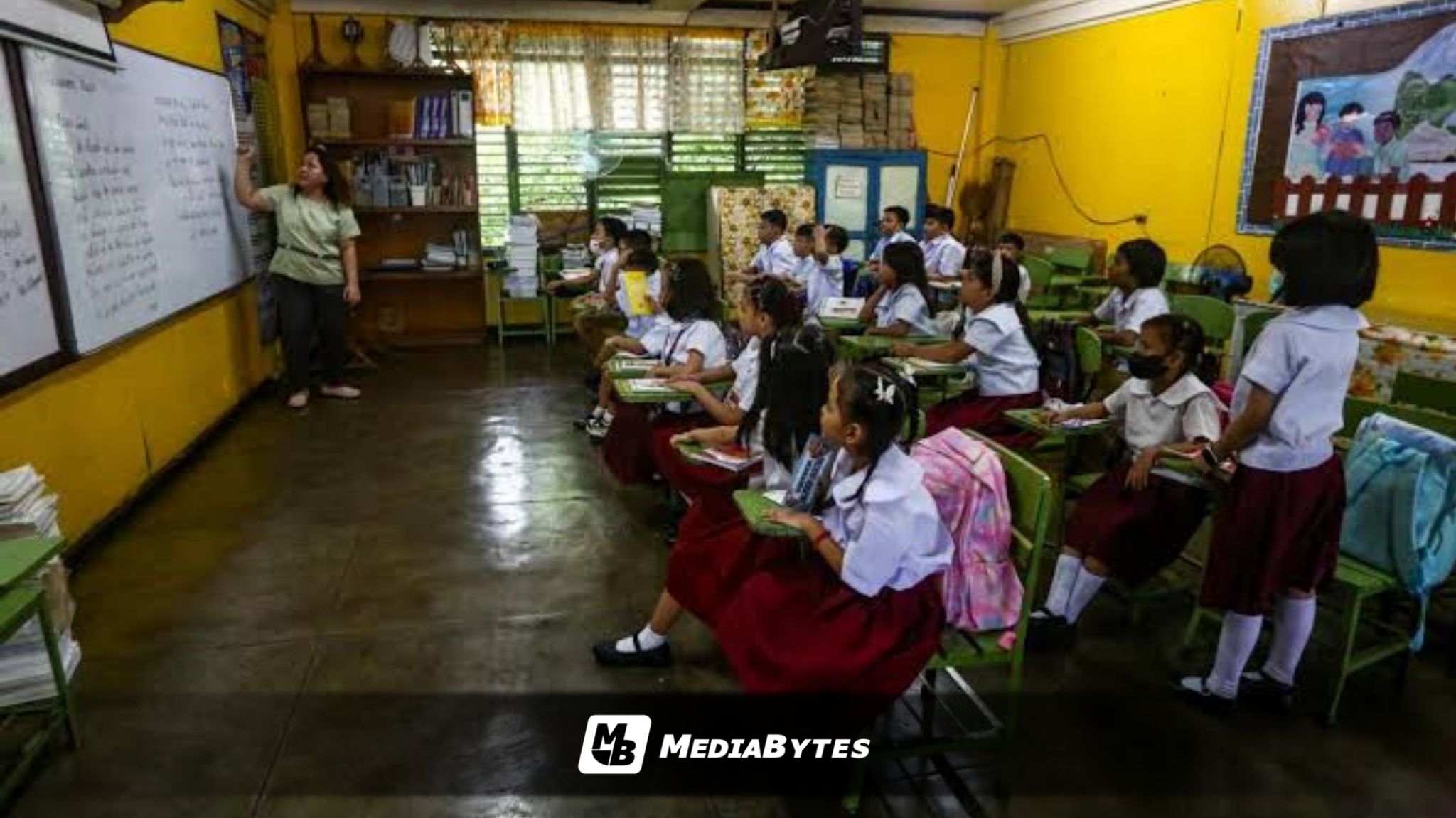President Ferdinand “Bongbong” Marcos Jr. has signed into law a measure establishing a national policy on lifelong learning, aimed at providing continuous education and training opportunities for Filipinos to build a more inclusive, skilled, and productive nation.
The President signed Republic Act No. 12313, or the Lifelong Learning Development Framework (LLDF), on October 23 (Thursday), according to a copy published on the Official Gazette website on Wednesday.
The newly enacted law sets the standards and guidelines for the implementation of lifelong learning programs in cities, municipalities, barangays, and other accredited learning providers across the country.
The LLDF recognizes that education is a lifelong process — one that continues beyond formal schooling and aims to enhance the knowledge, skills, and competencies of individuals throughout their lives.
Under the measure, the framework seeks to promote functional literacy across all sectors, ensure inclusive access to education, revitalize family and community learning systems, and strengthen workplace-based training in partnership with industries and private sector stakeholders.
It also encourages the integration of modern learning technologies, the improvement of learning quality, and the promotion of a culture of lifelong learning at all levels of society.
To effectively carry out these goals, the law expands the mandate of the Philippine Qualifications Framework–National Coordinating Council (PQF-NCC), initially created under Republic Act No. 10968. The expansion includes the addition of the Department of the Interior and Local Government (DILG) and the Department of Trade and Industry (DTI) secretaries as members of the council.
The PQF-NCC will formulate, implement, and periodically review the LLDF, develop a national master plan for lifelong learning, and designate learning cities, municipalities, and barangays in coordination with local government units.
It will also supervise the implementation of the Philippine Credit Transfer System and the Philippine Qualifications Register, ensuring that learning credits and qualifications can be recognized across various education levels and learning modes.
The council is required to include updates on the LLDF’s implementation in its annual report to the Office of the President, the Senate, and the House of Representatives. It must also support capacity-building programs for local governments recognized as learning communities.
Additionally, the PQF-NCC is instructed to integrate provisions of the Public Employment Service Office (PESO) Act of 1999 (RA No. 8759) to ease the transition between education and employment, and to align the framework with the Seal of Good Local Governance Act of 2019 (RA No. 11292).
Within six months from the law’s effectivity, the council must craft the national master plan for lifelong learning, aligned with the Philippine Development Plan, and review it every five years to ensure that it stays relevant and responsive to evolving national priorities and the needs of Filipino learners.



